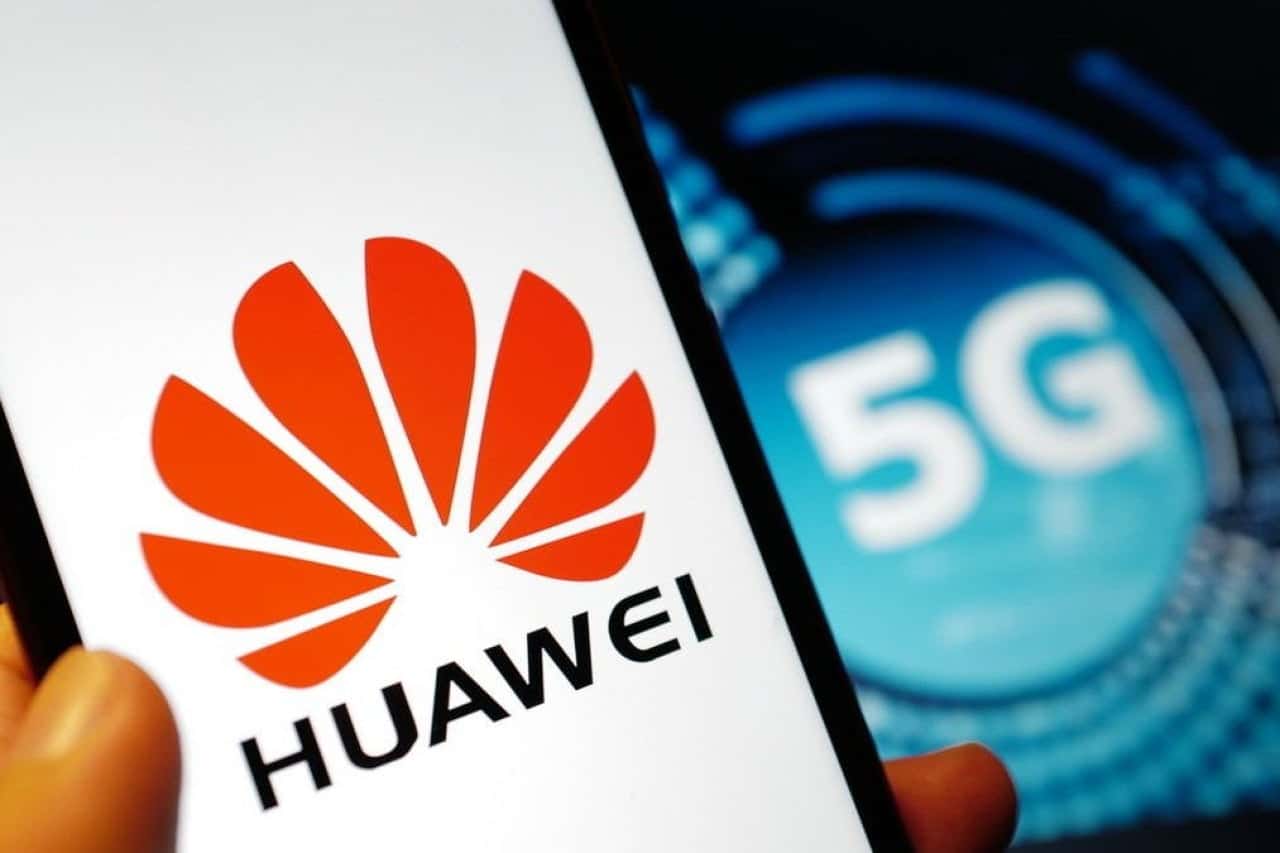The U.K. made a drastic U-turn from allowing Huawei to participate in its 5G construction to prohibiting it. The British government’s emergency turnaround on Huawei’s policy last month will delay the country’s 5G launch by as much as three years. Furthermore, it will also increase the cost by about 2 billion pounds. This is creating a lot of instability for operators. The major challenge is the delays and additional costs of emergency services network (ESN) deployment.

The deployment of new communications infrastructure for public security, ambulance, and firefighting will not be complete until 2022. This is the best-case scenario and this new “best case” is at least five years later than the original deadline. The current estimate of implementing the project is 9.3 billion pounds. This is 3 billion pounds higher than the initial forecast, which is equivalent to an increase of about 50%.
How to completely expunge Huawei
The British government’s decision to exclude Huawei from its 5G network does not include its 4G and 3G networks. Oliver Dowden, the British Minister of Digitalization, Culture, Media, and Sports, explained that over time, 5G will become an alternative network. He believes that when 6G finally replaces 5G, Huawei will no longer exist in all of this. However, 6G will be coming in about 10 years, at the earliest. A lot does happen within 10 years.
Huawei’s absence is affecting some vital U.K departments
Andrew Dismore, chair of the Fire, Resilience, and Emergency Planning Committee has written to the London Fire Brigade to ask what reassurance it has received from Government on the potential impact and implications on the Emergency Services Network if there is no Huawei.
This is what Dismore has to say
“The Government’s Huawei ban in terms of 5G infrastructure for the UK has potentially serious implications for the Emergency Services Network upgrade. The London Fire Brigade needs to be open and transparent about the potential impact. The impact it will have on cost, timeframes, safety, and security…A change of this magnitude within emergency communications needs to be handled extremely carefully. The committee needs frank reassurance that Huawei’s 5G ban will not adversely affect the Emergency Services Network program…The Emergency Services Network is already over budget and late. Lives cannot be put at risk. The Government needs to consult closely with the London Fire Brigade and other Emergency Services to work through any potential impact and delay to this program.”
He further stated that there are problems with the existing communication system of the fire department. This includes the Airwave terminal used to connect the control room and the staff, and the “Fireground” which allows responders to communicate with colleagues on a completely independent channel.
“The Airwave system is quite out of date and exceeds its normal lifespan. This is because the emergency service network has been delayed and overspend by 3 billion pounds.” He said, “It needs to be replaced, but what are the risks?”
“Should we continue to adopt a system that is obsolete in a few years? I just marked it out because I think no one has considered this issue.” He added.
Huawei does have the solution, but there are political issues holding it back
The British Home Office believes that changes to Huawei’s policies will have a “low impact” on the launch of the network. The department currently does not expect any further delays in the project. The department claims that Huawei’s existence will not significantly increase the security risks currently faced by the network. The difficulty of the UK’s U-turn is beyond imagination, and perhaps Huawei’s legend in the UK will continue.






Like if the world economy was depending on the 5G network. Loooolllll. We don’t even care about the 5G. And it’s well known that it gives the covid19 (nota bene: I’m being sarcastic, no need to break your heart).